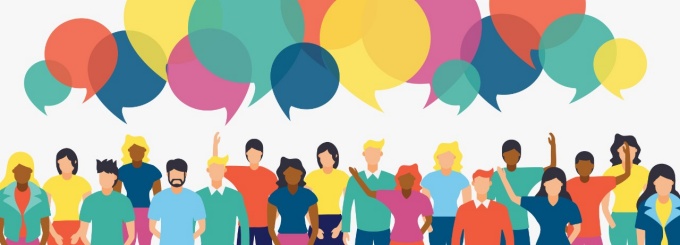We asked, you answered: What impact has the pandemic had on your work?

Compiled by Jana Eisenberg
Particularly with regard to technology, a range of alumni (from 1987–2018) and others share how they’ve handled pandemic-related workplace changes. Crowdsourced via social media.
"At the start of the crisis, within 72 hours, we took 700 clinicians and around 7,000 patients virtual."
Matthew L. Schwartz, MSW ’18, DSW student, senior counselor II, Horizon Health Services
--
"Remote learning is challenging for children who experience spectrum disorder traits. Caregiver phone calls last much longer. The intensity of normalizing worldwide uncertainty has been an important change.:
Patricia Denhoff, MSW ’87, school social worker
"Online group treatment was new, and it has been very successful."
Carrie Corby, MSW ’09, LCSW, Kelberman Center
--
"[Some of my clients are] non-offending parents of children who’ve been sexually abused. Confidentiality can be difficult, if the perpetrator is in the home as well.”
Jamie Core, MSW ’18, medical social worker, Banner University Medical Center (Tucson AZ)/therapist, Arizona’s Children Association
"Technology helps, but I only get wi-fi in certain areas of my home. That makes it hard!"
Bonnie Oliver, MSW ’11, social worker, ConMed Health
--
"Zoom and WebEx have been a huge help. We [started using the collaboration software] Samepage more widely, to provide COVID-19 resources to systems (primarily schools). We use short videos, and longer recorded lectures to get information to individuals."
Samantha Koury, MSW '15, UBSSW adjunct faculty/project manager, Institute on Trauma and Trauma-Informed Care
"It is difficult to do remote sessions with patients who don’t have technology."
Melina Ciotta, MSW ’20, behavioral health clinician, Horizon Health Services
--
"Some parents requested that I continue to do group sessions with their students. The virtual platform provided some sense of normalcy; a means to stay connected with peers."
Ginny Reidman-Dangler, MSW ’02, retired school counselor
"I am encouraged by the increased awareness of mental health and in particular, employee wellbeing."
Megan Andrews, MSW ’94, UBSSW adjunct faculty/field educator, assistant director, Child & Family Services EAP
--
"[The pandemic and response to it] highlights the importance of face-to-face interaction with our participants, while also making us aware of the flexibility for other areas."
Millie Sheppard, program manager, MedStar Washington Hospital Center– Community Violence Intervention Program (assisting Prof. C. St. Vil with clinical research)